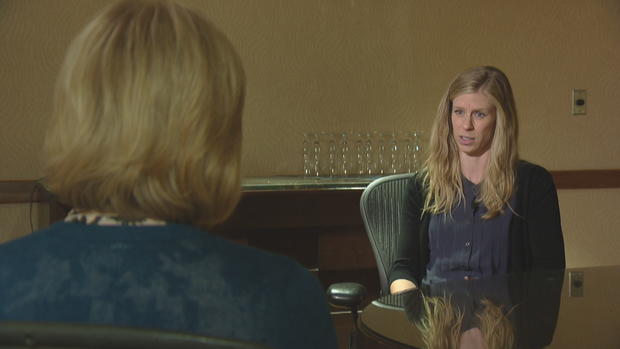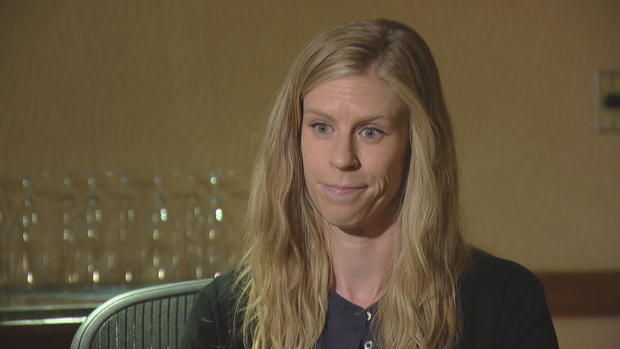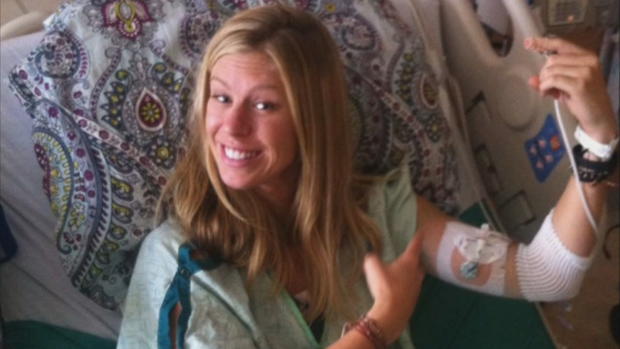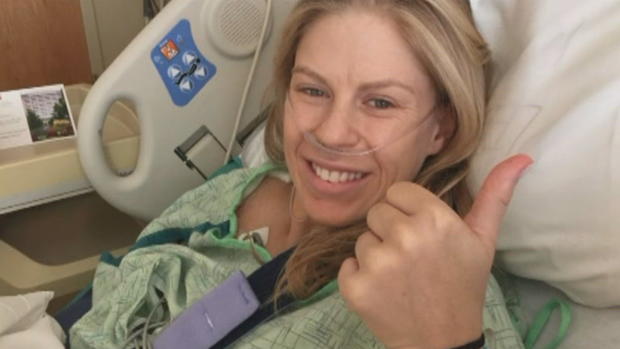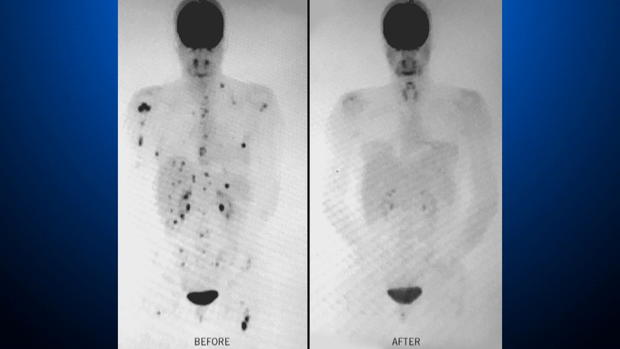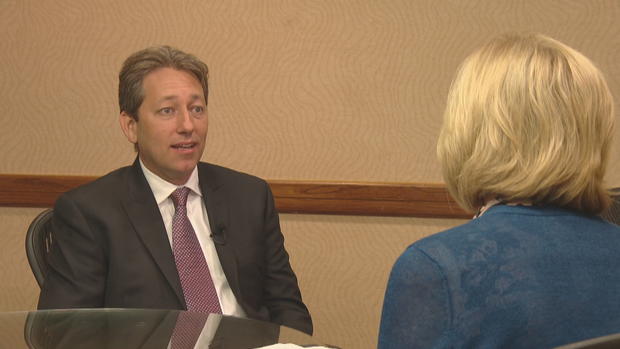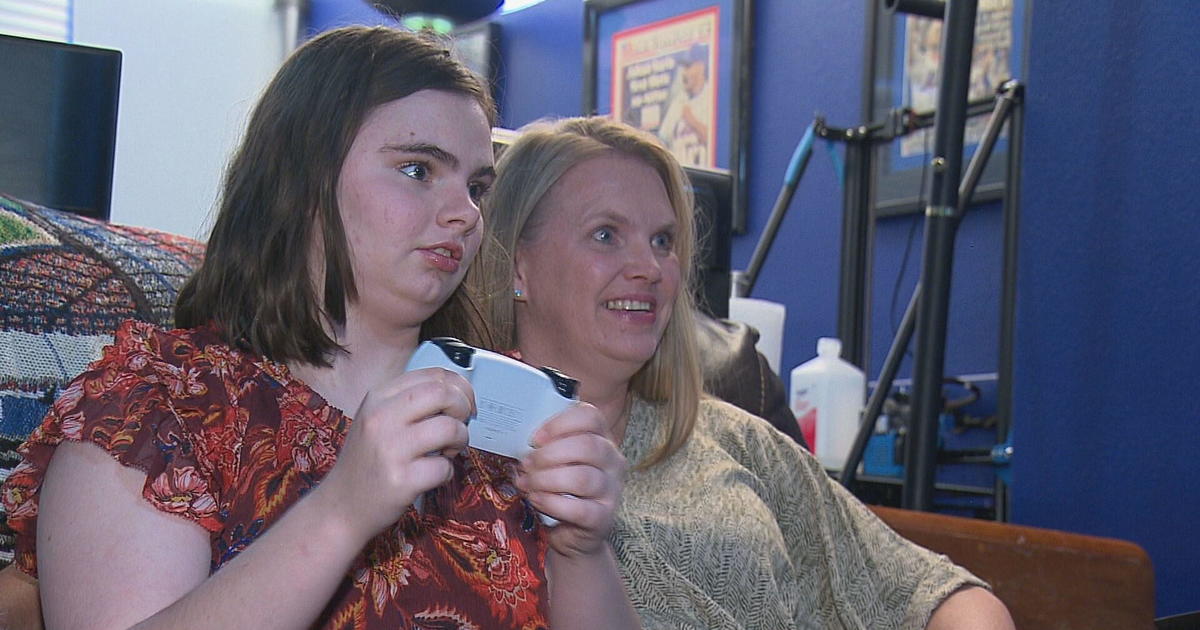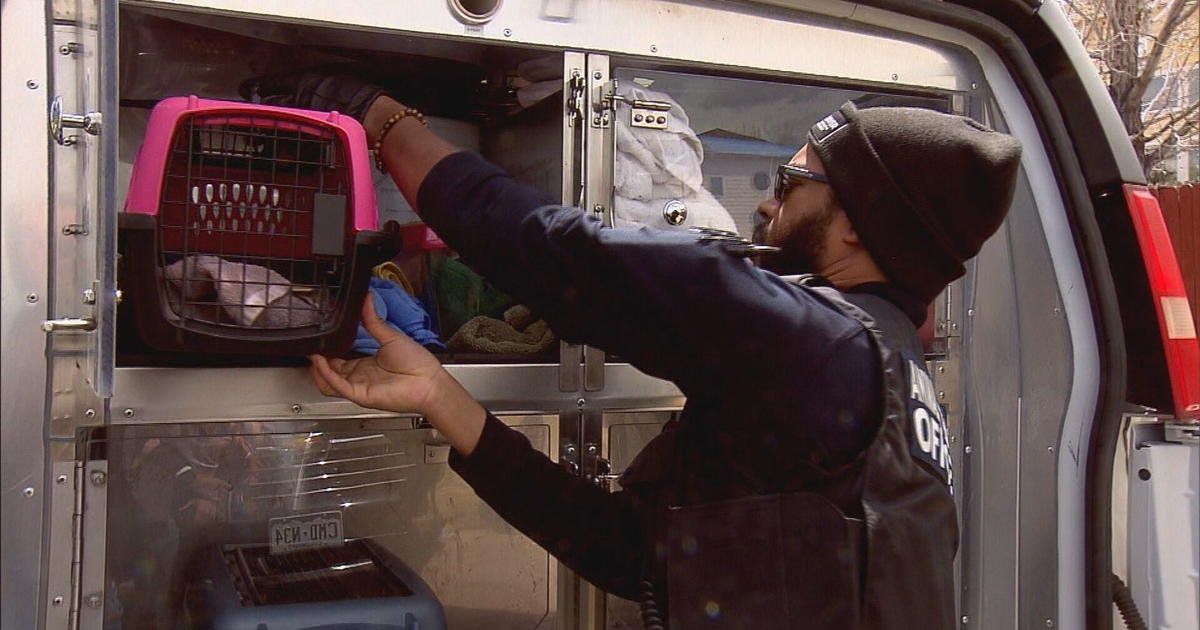Melanoma Experts Meet To Showcase Latest Research
By Kathy Walsh
DENVER (CBS4)- Coloradans enjoy more than 300 days of sunshine each year. But because of our altitude and love of the outdoors, Colorado's skin cancer diagnosis is 30 percent higher than the national average.
Experts from around the world are in Denver for five days this week, through Wednesday, discussing the latest in melanoma treatments.
Amy Wanninger is living proof researchers are making progress.
"When I was really little, I would get blistering sunburns," Wanninger told CBS4 Health Specialist Kathy Walsh.
Wanninger has always loved being outdoors. When she was growing up, tanning was expected and sunscreen wasn't part of her vocabulary.
"I tried to get as much sun as possible," Wanninger said.
In 2014, Wanninger was 31-years-old and fresh from graduate school at the University of Denver. She was ready to work internationally when she noticed a lump.
"It kind of felt like there was a rock right in my clavicle," she explained.
Her doctor said to watch it, but more appeared in her neck and breasts.
"They were melanoma," Wanninger said.
The tumors were Stage 4 melanoma and they were in all of her bones and her liver.
"When I was diagnosed it very much felt like a death sentence," Wanninger said.
She was treated at the University of Colorado Hospital with aggressive immunotherapy, high-dose interleukin-2 (IL-2).
Wanninger says some describe it this way.
"The treatment brings you to the brink of death and kind of holds you there as long as your body can handle it," she said.
Halfway through her 6-month course of treatment, Wanninger had two cancer-riddled bones, a femur and humerus, treated with cryoablation; killing the cancer cells with extreme cold. The bones were then removed and replaced with titanium.
"I feel incredibly lucky," said Wanninger.
She is among the five percent with Stage 4 melanoma who respond to IL-2.
"I'm just so amazed to have these miracle stories with patients who are now with us today," said Neil Box, Ph.D., Associate Professor Department of Dermatology and
Department of Epidemiology at the University of Colorado School of Medicine.
Box is a melanoma researcher who organized the 2017 International Pigment Cell Conference in Denver focusing on Breakthroughs in Pigment Cell and Melanoma Research. The conference attracts international experts to discuss progress.
"We've got a long way to go for a cure," said Box.
But Amy Wanninger is hope. Her body shows no active disease. A month ago, she got married. Her story is a warning to be safe in the sun and take skin cancer seriously.
Kathy Walsh is CBS4's Weekend Anchor and Health Specialist. She has been with CBS4 for more than 30 years. She is always open to story ideas. Follow Kathy on Twitter @WalshCBS4.

